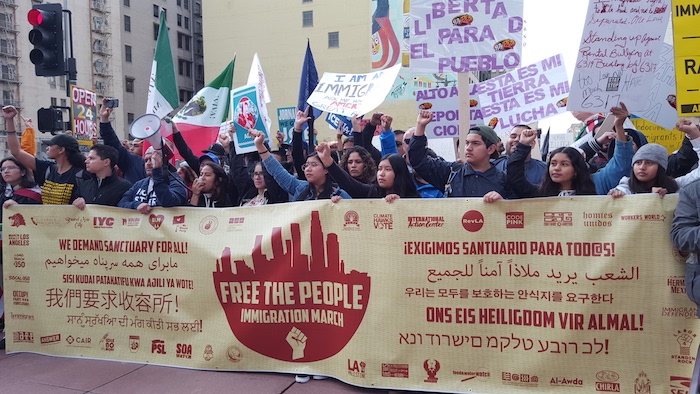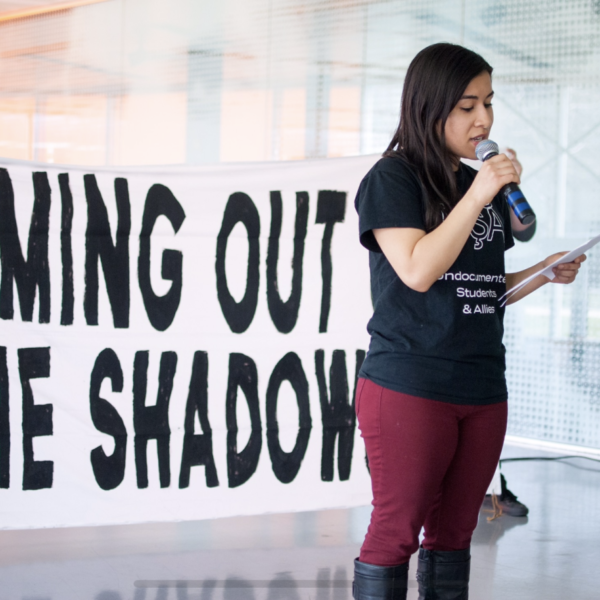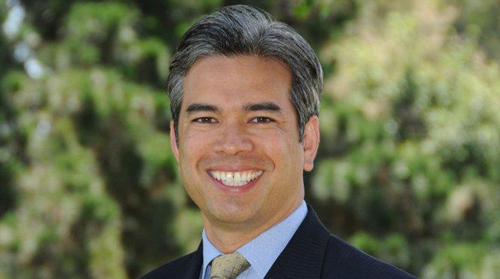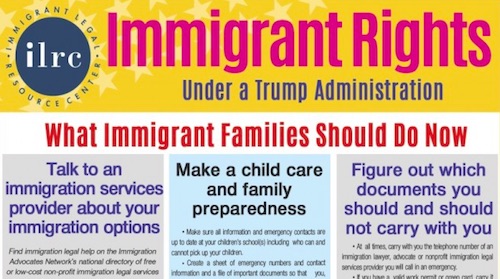Magazine, Immigration,By Shivani Shah, Culled From Journal of Diplomacy
During the Trump administration, a substantial number of human rights violations were committed by the U.S. Immigration and Customs Enforcement (ICE) agency. ICE detention facilities held migrant detainees in inhumane conditions with little access to medical care; conditions which have only been exacerbated and magnified by the COVID-19 pandemic. Under the Trump administration, 1,500 unaccompanied minors were released from ICE custody, yet they remain unaccounted for. With President-elect Joe Biden coming into office on January 20, 2021, change is likely—and necessary.
The Inefficiency of ICE During the COVID-19 Pandemic
In 2020, the American Civil Liberties Union, Human Rights Watch, and National Immigrant Justice Center released a joint research report, which found that migrants are routinely denied access to proper hygiene and live in unsanitary units where the beds, dining area, and restroom facilities are located in one room. From 2017 to 2020, thirty-nine adults died while in ICE custody or shortly after being released. Detained individuals have suffered medical neglect and gone on hunger-strikes in order to receive proper care and medical attention.
ICE’s response to the COVID-19 pandemic has been slow and inefficient, and detention centers have been labeled as “Hotbeds of Infection.” Reports have circulated that ICE has refused to provide basic necessities, such as masks and soap, and has resisted testing in an effort to keep numbers low and avoid releasing detainees. Since March, ICE has recklessly transferred detainees without taking precautionary measures, which has exposed not only migrants but also the local population to the virus. The lack of a timely reaction by ICE has resulted in over 245,000 positive cases throughout the country. Without any oversight and change to current policies, these numbers will continue to increase as the pandemic rages on.
Reports of Hysterectomies
In September, Project South filed a complaint after whistleblower and nurse, Dawn Wooten, stated that migrant women and young girls held in a detention center in Georgia underwent hysterectomies at an alarming rate. Over fifty courageous women have spoken to various media outlets about the harmful procedures they endured at the hands of a gynecologist contracted by ICE, all of which occurred without their informed consent.
These allegations are not only alarming – they are a direct violation of international human rights law. The United States has signed and ratified several human rights treaties, such as the Convention Against Torture and the Convention on the Elimination of Racial Discrimination. Although the U.S. has ratified these treaties with reservations, global human rights norms have become part of customary international law; thus, the U.S. has a responsibility to uphold and protect human rights for all individuals.
Forced sterilizations constitute a form of torture or inhumane treatment as defined by several human rights organizations, such as the UN Committee on Economic, Social and Cultural Rights, and human rights courts, such as the Inter-American Court of Human Rights. Furthermore, a 2014 UN interagency statement characterized coerced or forced sterilization as a form of discrimination and violence against women. Numerous human rights organizations have specified that states are obligated to respect human rights and are responsible for the proper treatment of detainees. In light of these legal obligations, both ICE and the Trump administration must be held accountable for the cruel and inhumane actions that were perpetrated against migrant women.
Not only do these forced sterilizations violate human rights, but they are also deeply rooted in a racist and oppressive healthcare system targeting Black, Indigenous, Latinx, and other Women of Color. Forced sterilizations can be traced back to eugenic sterilization laws adopted by the U.S. in the early twentieth century, in which an estimated 70,000 women were forcibly sterilized. White supremacists have long used these laws and practices to oppress women, especially minority women, to the point where they became a model for Nazi Germany. Although the U.S repealed these laws by the 1970s, these allegations make it clear that they are still deeply embedded in the nation. Therefore, the U.S. government needs to step up, bear responsibility, and prevent this cruel practice from happening in any shape or form in the future.
The Biden Transition: What Needs to be Done?
President-elect Biden has promised to overturn Trump’s immigration policies. He has pledged that within one hundred days of his presidency, he will restore the management of the asylum system, end prolonged detentions, reinvest in case management, restore sensible enforcement priorities, and ensure that ICE and U.S. Customs and Border Protection (CBP) personnel abide by professional standards where they are held accountable for inhumane treatment.
Under the 1997 Flores settlement, protections were put in place to bar the Department of Homeland Security from keeping unaccompanied minors in detention. However, these protections did not encompass children who came to the U.S. with their parents. Under President Obama and then-Vice President Biden’s administration, 72-hour holding facilities were created due to a sudden influx of migrants—a considerable number of them being minors. Obama and Biden used family detention centers to quickly process and deport migrants, even those with legitimate asylum claims. However, unlike the zero-tolerance and family separation policy enacted under Trump’s administration, Obama and Biden kept families together in detention.
Shivani Shah is a first-year M.A. candidate at the School of Diplomacy and International Relations. She is specializing in International Law and Human Rights, and Global Negotiation and Conflict Management. She is an Associate Editor and Social Media Associate for the Journal of Diplomacy and International Relations. Prior to joining Seton Hall, Shivani worked as a paralegal specializing in Trusts and Estates, and as a legal assistant specializing in Family and Immigration law. She received her B.A. degree in Political Science from Rutgers University in 2017.











